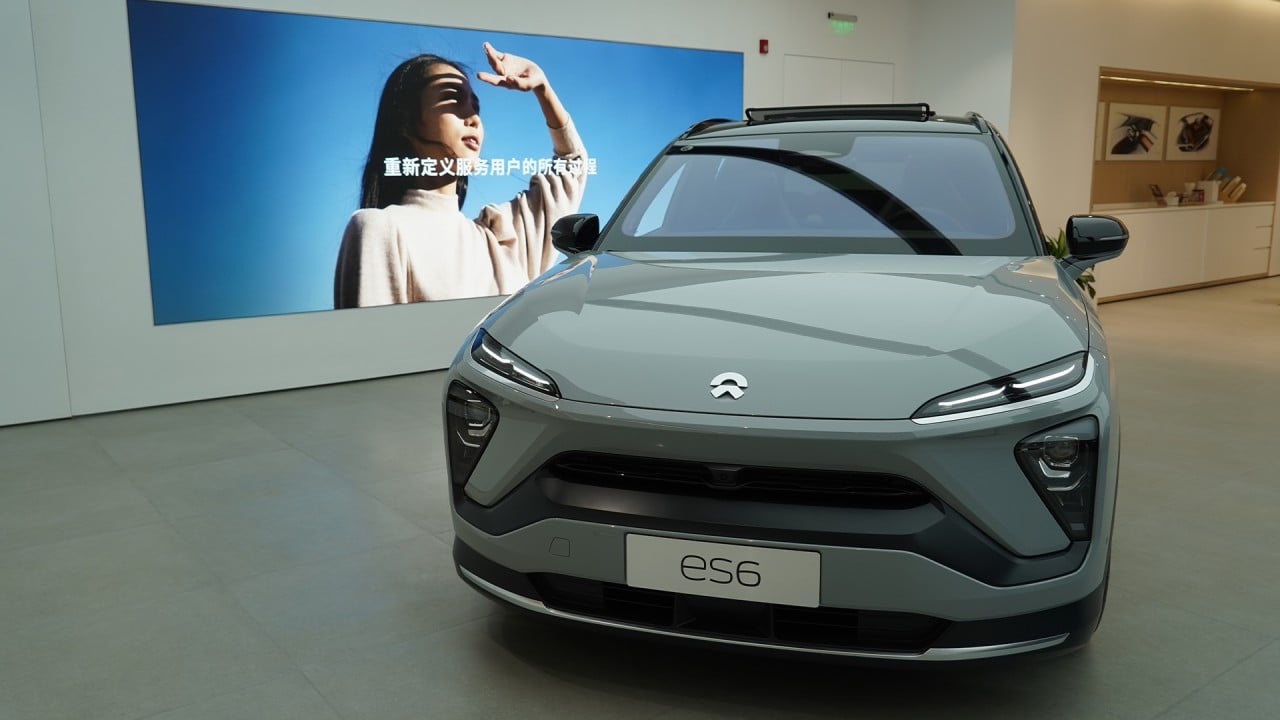Like the Tesla stock rally? With Stock Connect, Chinese investors may get a shot at 51 per cent upside in challengers Xpeng and Li Auto
- Xpeng and Li Auto are likely to be included in the cross-border trading scheme as early as this quarter, according to Citic Securities
- Access for mainland Chinese investors could underpin fund flows, given the bullish 51 to 69 per cent upside in price targets for the EV makers

The home-grown EV makers, which began trading in Hong Kong last year, could be eligible for the Stock Connect programme from as early as this quarter when they meet the six-month trading rules, according to Citic Securities. They could join medical equipment maker Shanghai Microport Medbot and food wholesaler China Dili Group and 19 others in making the cut, it added
“We like all the leading new-energy vehicle start-ups including Xpeng, NIO and Li Auto, as we believe the current auto industry that evolves faster than ever before needs pioneers, not followers,” Shi Ji, executive director of CMB International Securities, said by email on Friday. “Consumers have become more demanding and the trio have been creating new values.”
Xpeng has gained 5.8 per cent since its secondary listing in Hong Kong in early July, while the Hang Seng Index slumped 10 per cent, according to Bloomberg data. Li Auto, however, has lost 3.1 per cent since it started trading in August, while the benchmark index fell 5.7 per cent.

